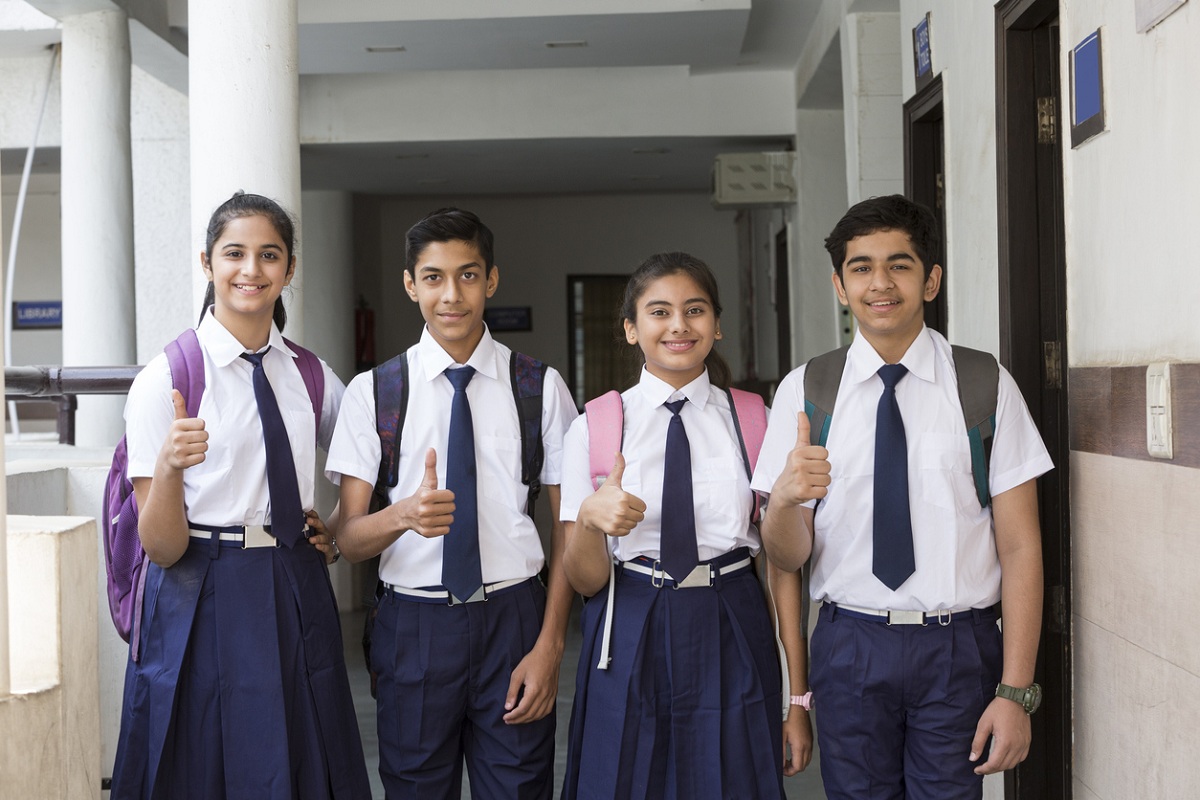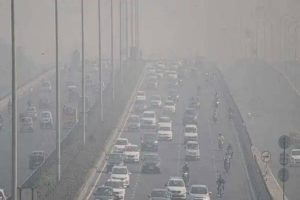On World Children’s Day, students emphasized on the learning recovery from the loss of study during the COVID-19 pandemic and urged parliamentarians to reopen schools safely and take actions to bridge the digital divide.
On World Children’s Day, the Parliamentarians’ Group for Children (PGC) in partnership with United Nations Children’s Fund (UNICEF) India convened a virtual ‘Children’s Parliament’ on Saturday in the presence of 35 MPs, including the PGC chairperson and Congress MP Gaurav Gogoi and Conveners
Dr Sanjay Jaiswal (BJP) and Dr Heena Gavit (BJP). PGC is a platform that convenes, informs and engages Members of Parliament across states and across political affiliations on children’s rights.
Children presented a nine-point Charter of Demands to the Parliamentarian urging them to take actions to support their learning recovery.
The Children’s Charter of Demands emphasized on safe school reopening as well as equitable access to online learning, reducing the size of the syllabus and prioritizing vaccination for children.
Representing 1500 children from 16 states, 14 children shared their experiences in learning loss, and the challenges they faced because of prolonged school closure through the pandemic.
Kritika, a 15-year-old student from Delhi who facilitated the presentation of the Charter of Demands said, “My peers and I have faced various challenges on education. Today we feel grateful that Parliamentarians have come here to listen to our demands.”
According to UNICEF, extended closure of schools affected not only education but also children’s physical and psychological wellbeing. Online learning was not accessible to all.
A UNICEF survey on the state of learning during the pandemic had shown that just over 10 per cent of students surveyed had no access to a smartphone in or outside of their homes.
It was also found that close to 45 per cent of the children who did not use any remote learning opportunities were altogether unaware of any resource from which they could learn. This underlines the critical importance of schools as a physical space for learning.
According to UNICEF’s rapid assessment conducted in six states in 2020 – Assam, Bihar, Madhya Pradesh, Kerala, Gujarat, and Uttar Pradesh, 76 per cent of parents of children between the ages of 5-13 years, and 80 per cent of adolescents between 14-18 years, reported learning less compared to when they were learning in school.
Addressing the session, Yasumasa Kimura, UNICEF India Representative said, “The global pandemic has impacted children in so many ways – education being a critical area, along with nutrition, immunization, mental and physical health, and protection of children. As we hope to recover from nearly two years of the pandemic that took away school education from countless children, it becomes essential to move forward with a plan for recovering education.”
Addressing the session, Gogoi said that World Children’s Day reminds us of our commitments and duty to ensure that children have their hopes, dreams, and aspirations intact.
“As we move forward, I want you to know that we have your best interests at heart. It is my sincere hope that the takeaways from today will guide us to work even harder for the same,” he added.
Indevar Pandey, Secretary, Ministry of Women and Child Development, Government of India said that the Centre is working to create a world in which every child has a safe and healthy childhood. He said the Government is committed to protecting children’s future and it is to be ensured that no child is left behind.
Shombi Sharp, the UN Resident Coordinator in India said, “India is playing a pivotal role in the global quest for child rights and the UN is proud to partner on achieving SDG 4 (Quality Education) as a force multiplier for the full Agenda 2030.”
From National Children’s Day on November 14 to World Children’s Day on November 20, UNICEF organized a range of activities across India in solidarity with children’s rights.
Over two hundred and thirty iconic government buildings landmarks and monuments including the Rashtrapati Bhavan, North and South Block, the Parliament House and Qutab Minar, Indian Women Press Corps in New Delhi, and other significant buildings, across India were lit up in blue on November 19-20, signifying the nation-wide celebration of child rights.












